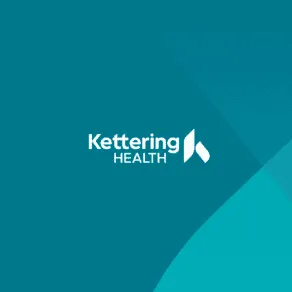Heart disease is the most common cause of death in women and men in the United States. However, it can present differently in women, so it is important to understand the risk factors and symptoms. At Kettering Health, we offer comprehensive treatment for all forms of heart disease. We want to help you reclaim your heart health and get better.
Our Approach to Heart Disease in Women
Women don’t often know the symptoms that could indicate heart trouble. They tend to have symptoms that are more subtle than men, making it difficult to know whether a heart screening is appropriate. Women who forgo heart screenings risk encountering more severe issues later if heart disease goes overlooked due a lack of screenings.
We encourage women to know the most common symptoms of heart disease and to schedule heart screenings, especially if they’re at high risk.
Know Your Symptoms
There are several symptoms women can watch for to determine if they’re suffering from heart disease. If you feel any of the following symptoms, talk with your healthcare provider and ask to be tested for heart disease:
- Breathlessness
- Discomfort or pressure that comes and goes in the back, abdomen, arm, shoulder, neck, jaw, or chest
- Heartburn, nausea, or a burning feeling without having eaten
- Increased fatigue
- Lightheadedness or faintness
Chest pain and discomfort are the main symptoms associated with heart disease. But those symptoms don’t always appear in women. Many women will present with the above symptoms instead of the chest pain typically associated with heart disease.
When to Get Screened
If a woman shows no early signs of heart disease, heart screenings won’t be a routine part of primary care exams. So, it is important to notice any symptoms and report them to your primary care doctor. It’s also vital that women understand and take note of the risk factors for heart disease.
The following are risk factors for heart disease in women:
- Autoimmune diseases, like lupus or rheumatoid arthritis
- Diabetes
- Eating a diet high in processed foods
- Eating a high-sodium diet
- Family history
- High blood pressure
- High cholesterol
- History of high blood pressure while pregnant
- Physical inactivity
- Smoking
If a woman is low risk, she can receive a basic heart screening, which evaluates factors like cholesterol, glucose levels, blood pressure, and BMI. If a woman is considered high risk, a more in-depth heart screening can assess additional risks like inflammatory factors, vitamin D levels, and a detailed lipid particle profile. Women may also have a vascular ultrasound screening, which checks the carotid arteries in the neck to help identify stroke risk.
Talk to your doctor about what screening would be appropriate for you and if any lifestyle modifications may lower your risk of heart disease.





